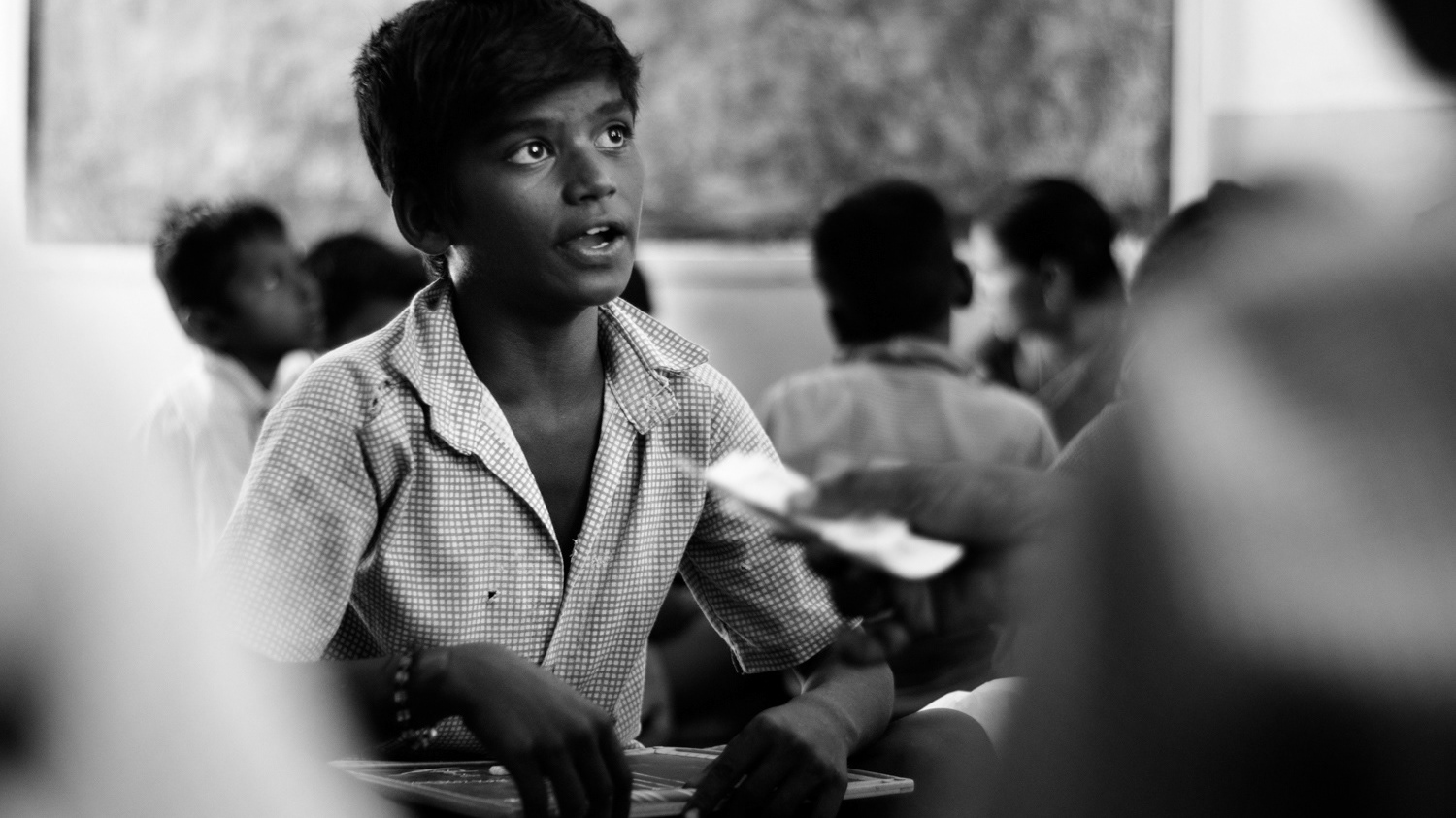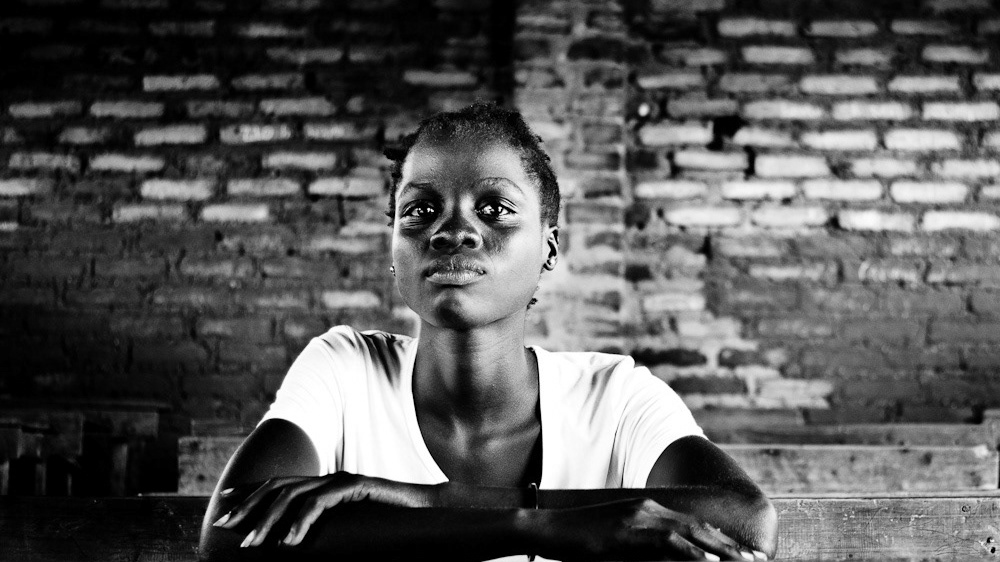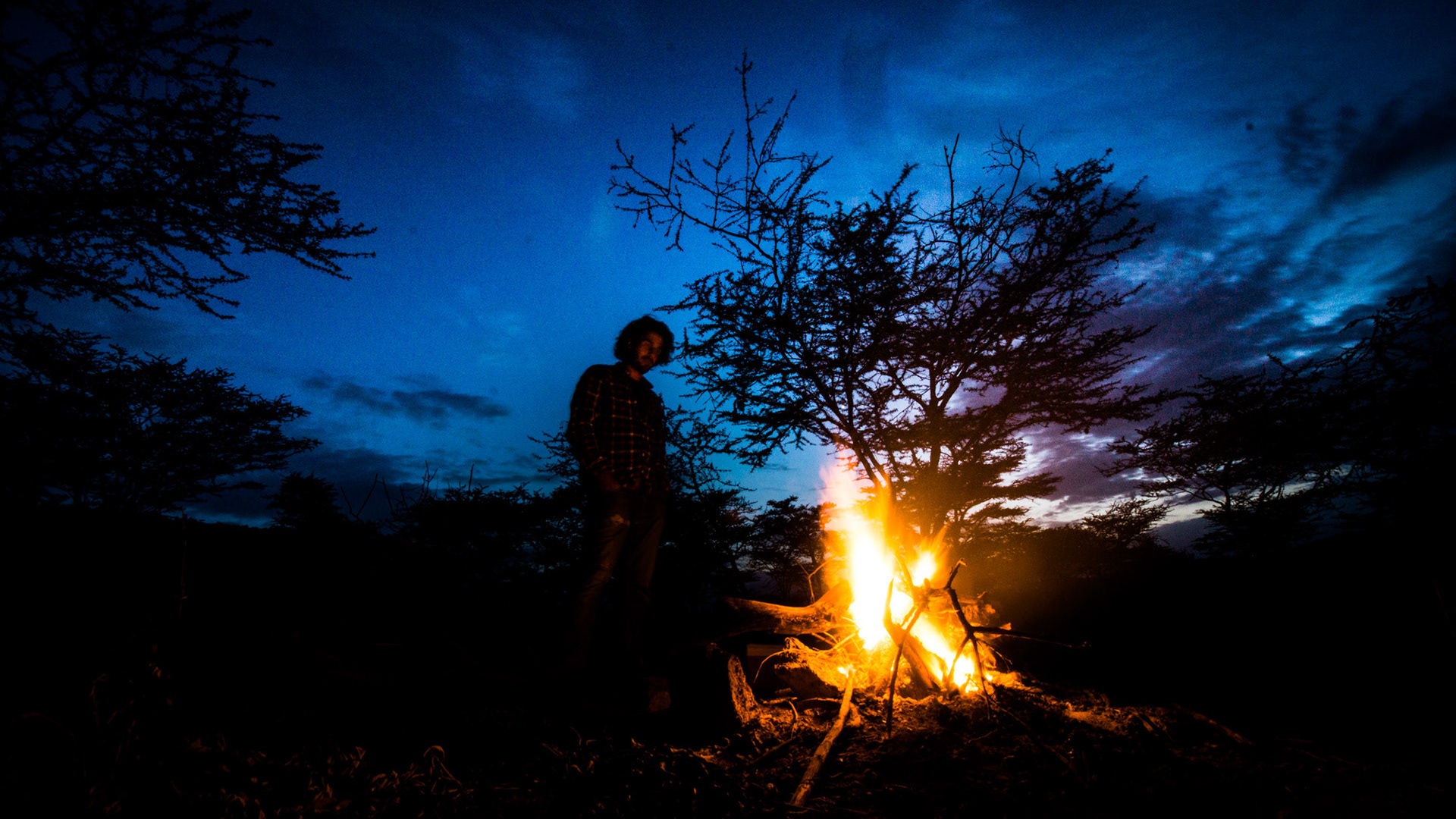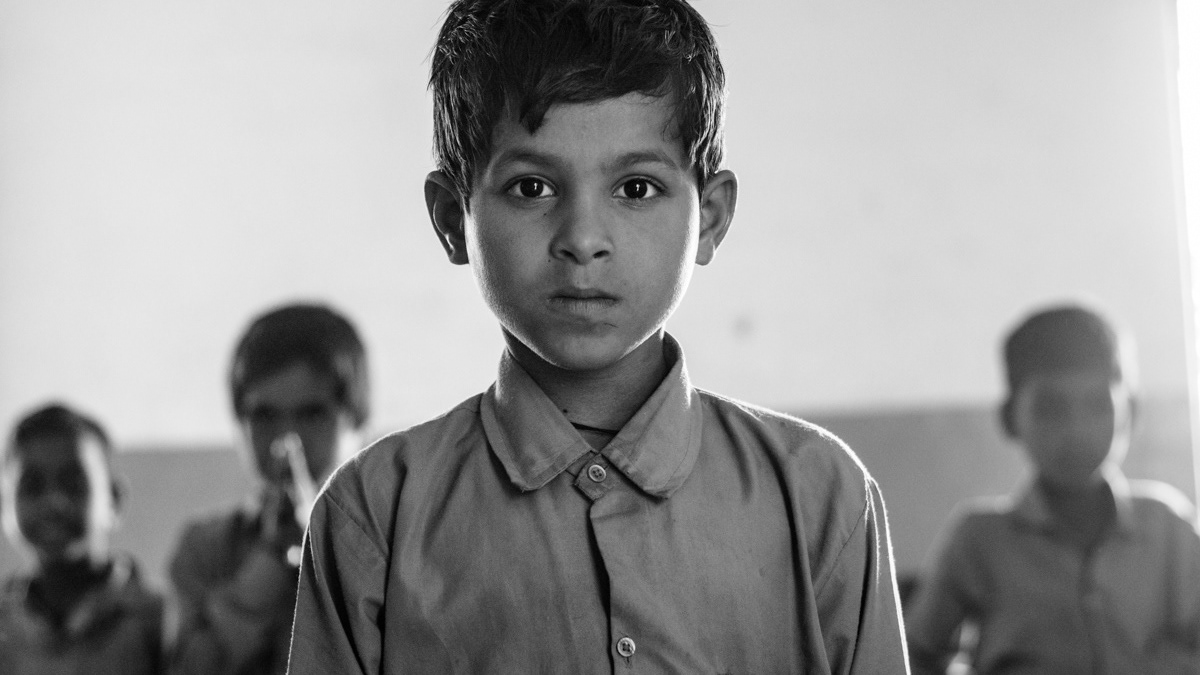The scene is set in the home of a young girl named Sherine, who had to drop out of school due to financial constraints. Sherine was a high-achieving student, but in the context of India, particularly within the Muslim community, her absence from school wasn't unusual. This situation reflects the common stereotypes and prejudices faced by Muslim girls in India, often overlooked and categorized based on their identity.
Her parents, however, were devastated by this turn of events. They had aspired to see their daughter thrive, not only as a confident role model for other girls but also as a representation of modern faith and its practitioners. Two years later, Sherine not only completed her high school but has become an inspiration, not just within her community, but to people everywhere.
Enrolling in Pratham's Second Chance program was a stroke of luck. The program's founders and donors can witness the profound impact they've had on society and the world at large. Second Chance is specifically designed for girls who dropped out of school—sometimes due to failing a board exam (as schools hesitate to readmit students, fearing the impact on their statistics), and sometimes, like Sherine, due to financial hardships or other family and cultural issues.
The program is not flawless. Pratham acknowledges that pass rates typically range from 70% to 90%, and this too - after a selected group of students go through a foundation course.
Anyone, regardless of when they dropped out or at which grade, is welcome to register and attend the foundation course. This intensive course lays the groundwork in reading and arithmetic, important for tackling the curriculum. A test follows, and those who don't pass can't proceed. They are invited to reapply the following year. Still, with favorable conditions and dedicated effort, passing the foundation course is possible. For example, I met a woman in Solapur who had been out of school for 40 years, enrolled in and passed the course. Another lady who dropped out at grade 4, similarly passed the foundation course and was preparing for her board exam.
In Sherine's case, she was an exceptionally bright student who had dropped out just two years ago, in grade 8. The question of her passing the foundation course wasn't so much of a concern. For Sherine, the challenge was winning her parents' trust in an Indian organization offering free education to girls who had dropped out, reassuring them that it wasn't a scam. Her father was so skeptical that each day he accompanied her to her classes, and it would be many weeks and months before he finally trusted the program and allowed her to continue on her own.
Sherine successfully passed her board exams and now attends college, studying Business, Commerce, and Economics (BCE) in Hyderabad. She turned around her fortunes, with her parents being incredibly proud of her.
But it's what happens in the evening that really set's this story apart. Sherine, who had dropped out of school, likely having pondered her predicament, did not imagine that she would turn into a hero. In the evenings, at her home - in her parent's living room - she runs one of Pratham's urban camps for children in her community, teaching them reading, writing, and mathematics, providing a solid educational foundation, often lacking in the Indian education system.
Even though I worked to facilitate funding for such programs, these visits and interactions fueled my commitment to this mission. Sherine was living proof that a second chance has a remarkable ripple effect, illustrating that love, compassion and community can triumph over rigid systems.
Several days after meeting Sherine, I reflected on my own obstacles in all the things I wanted to accomplish. They paled in comparison to what the women in this program experienced. If you ever think you're too old to start or complete something, consider the 54-year-old woman who had been out of school for 40 years and is now finishing her diploma. She's not only challenging our perceptions of education but also defying stereotypes in her community. Each day she attends these classes, she changes perceptions and judgements.
Our view of heros are often warped by tales that we hear as kids and what we see in the movies. We often celebrate advertised success and powerful figures as leaders, but it's in fact women like Sherine, or Noor, or Preeti or people that work for Pratham, that truly move the needle and keep our world from collapsing. They help foster communities and their contributions, contagious and endlessly renewable - is what should truly be celebrated.
Sherine and her students at her house in India. As it was quite dark, I wasn't particularly happy with the photos from the evening, but I was still glad to have captured the interactions.
Like so many women in India, Preeti faced a great deal of difficulty in her education. She dropped out of school after grade 4, got married at 15, had two children but also suffered great loss from the death her husband at age 20. Too young and with little education to support her, she relied on her in-laws who told her they couldn't provide for her and her children, so she returned home. On the day I met her, she was preparing for her 10th class board exam through Pratham's Second Chance.
Never too old to get back to school. Noor, 54 - sits with her classmates and looks through her notes. There was some resistance from her community on getting back to school but in the end, she feels that she's set an example for girls in her village and in her community for the importance of education.
Many times, mothers have to bring their children to class as there may not be any-one to look after them. The struggle for day-care is something universal and resonates with parents the world over. In the second chance program in Solapur, parents bring their kids if no other option exists but like a family - their classmates help one another with caring for the child - allowing 'mom' to do her class exercises.
I photographed this mother and daughter shot as I found this story quite incredible. The elder daughter is preparing for her grade 10 board exam but so is her mother - who told me that they often work on exam questions and problem sets together.










